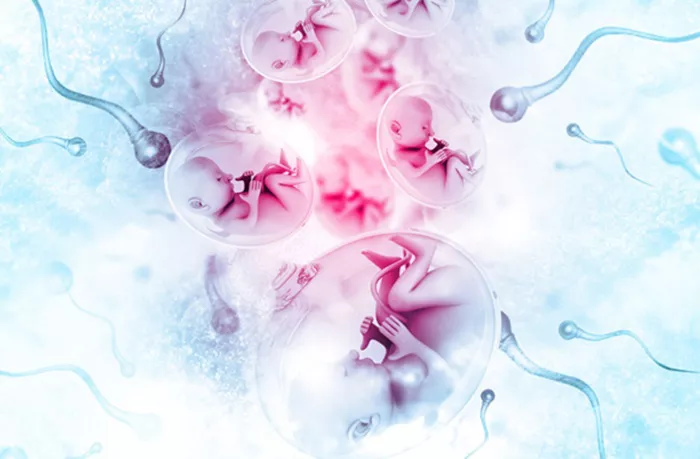New research reveals that fathers influence their baby’s microbiota, a finding that could impact health considerations. Traditionally, it was thought that a baby’s gut microbiota is primarily shaped by the mother’s vaginal microbiota during birth and by breast milk. However, recent studies show that fathers also contribute to this process.
Babies are born with sterile intestines. The initial colonization of their gut occurs during birth through the mother’s vaginal microbiome. After birth, the baby’s microbiota continues to develop through skin contact with the mother and breastfeeding, which introduces beneficial microorganisms.
Recent research led by the Universities of Wageningen, Helsinki, and Trento, with Pompeu Fabra University in Barcelona, published in Cell Host & Microbe, indicates that fathers play a significant role in the development of their baby’s microbiome during the first year of life.
Researchers compared the fecal microbiomes of 21 babies born by cesarean section and 53 born vaginally, along with their mothers and fathers, over a year. The study found that many of the strains in babies at three weeks, three months, and 12 months came from their fathers. By the time the baby is one year old, their microbiota includes contributions from both parents.
For babies born by cesarean section, the father’s microbiome can provide bacteria that the mother’s microbiome might lack due to antibiotic use. For instance, Bifidobacterium longum, which helps digest certain carbohydrates in breast milk, is present in the father’s microbiome and supports the baby’s microbiome development.
Willem M. de Vos, professor of microbiology at Wageningen University and the University of Helsinki, and lead author of the study, noted, “The role of the father may be small, but it is significant. It is likely that close contacts with the newborn also contribute.” Mireia Vallès Colomer, co-author of the study, is exploring how microbiome transmission occurs among adults in close contact, highlighting its importance for babies born via cesarean section.
The study also supports the use of fecal microbiota transfer (FMT) for cesarean-born babies to restore their gut microbiota. Previous research has shown that cesarean-born babies often have a different microbiome compared to vaginally born babies, which may increase their risk of immune diseases and obesity later in life. FMT using the mother’s feces could potentially help in restoring a microbiota similar to that of vaginally born babies. However, these findings are preliminary and require further research.
Impact of Paternal Microbiota on Pregnancy in Mice
In addition to post-birth effects, recent studies in mice suggest that the father’s gut microbiota may influence pregnancy outcomes even before conception. Researchers at the European Molecular Biology Laboratory (EMBL) found that altering the gut microbiome in male mice with antibiotics affected their offspring’s health.
Antibiotic treatment caused gut dysbiosis, an imbalance in gut bacteria, which impacted testicular function and hormone levels. This imbalance led to poor placental development and resulted in underweight and prematurely born offspring. Jamie Hackett, project coordinator and group leader at EMBL Rome, stated, “This shows a connection between the gut microbiota and the reproductive system in mammals.”
While these findings are promising, more research is needed to understand their relevance to humans. The study emphasizes the need to consider paternal factors, particularly in Western cultures where diet and antibiotic use can alter gut microbiota.


